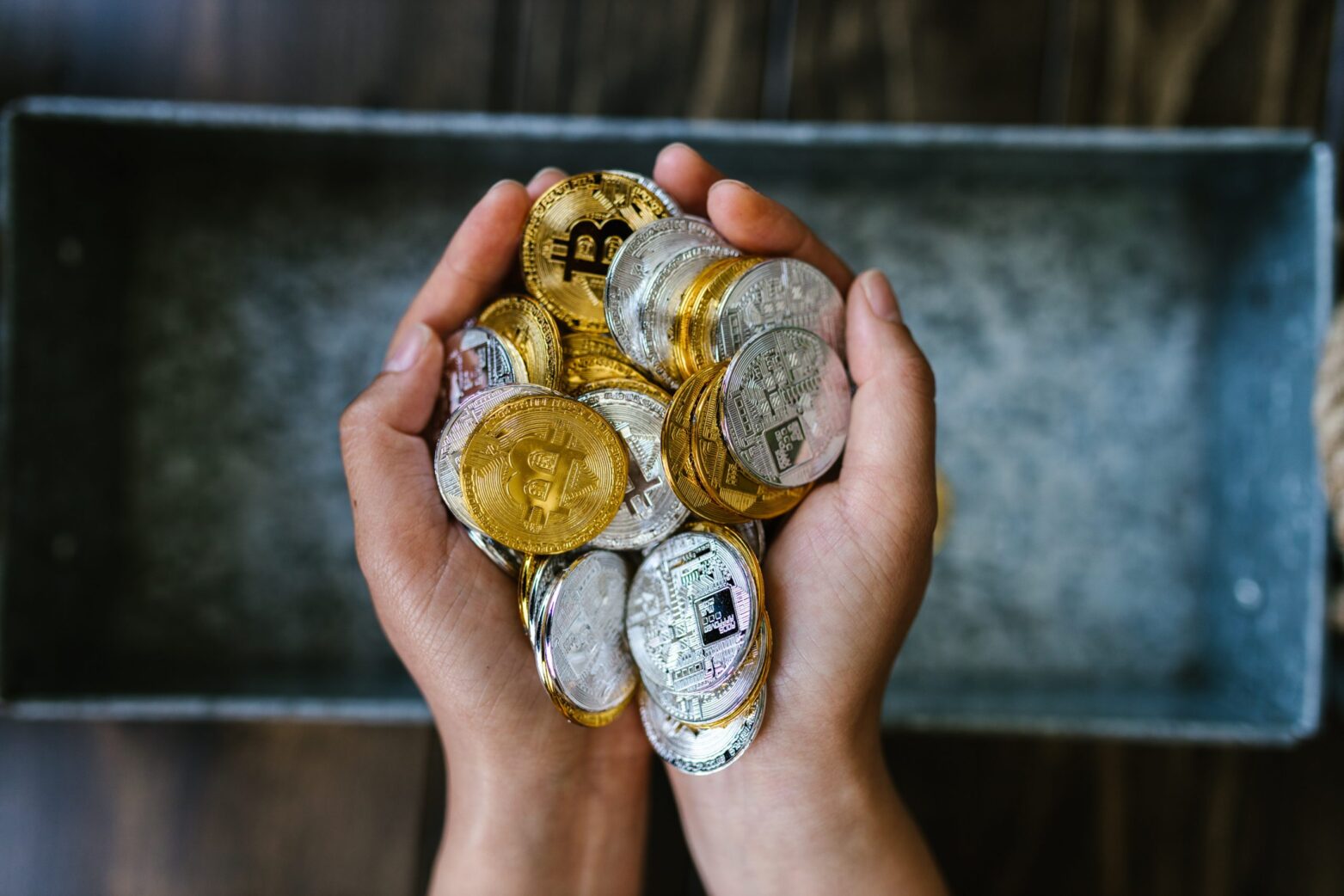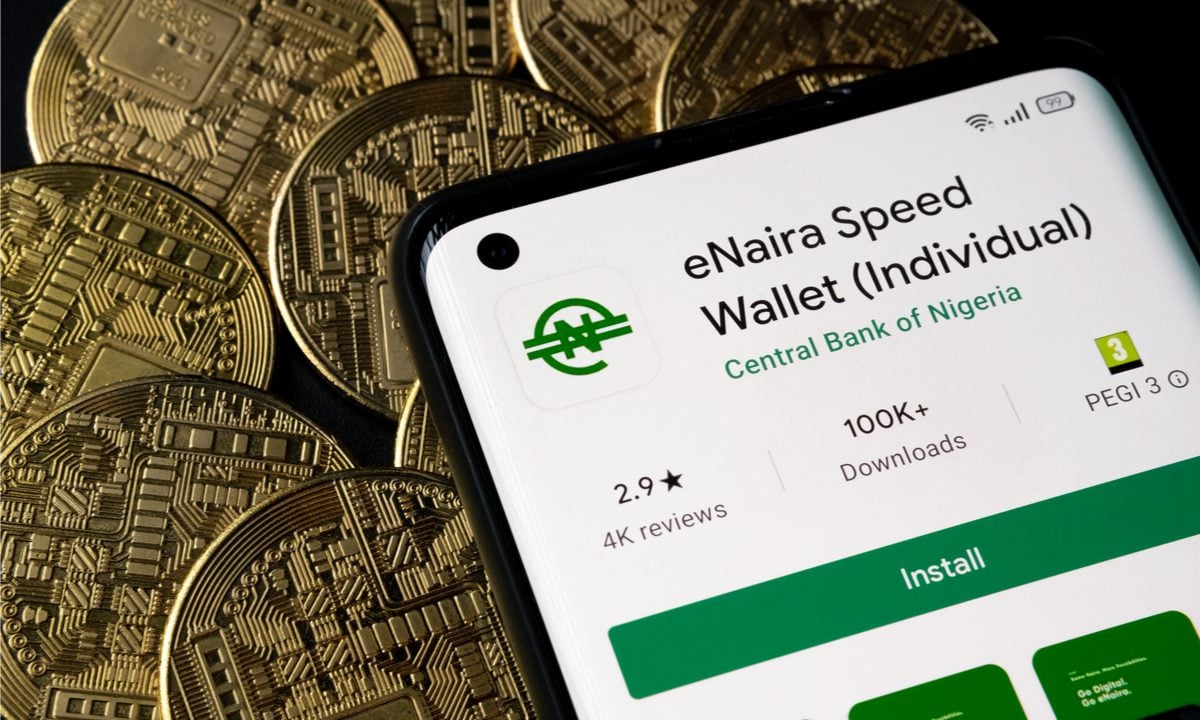The most recent policy paper from the bowels of the Central Bank of Nigeria highlighted the importance of the country to develop a legal structure for stablecoins and ICOs.
What Are ICOs?
A firm or organization can raise money through an initial coin offering (ICO), in which investors can purchase digital tokens from the company or organization for cryptocurrencies or fiat currency. These coins can be exchanged for other cryptocurrencies or utilized to access the company’s goods and services.

Nigeria To Possibly Adopt The Use Of Stablecoins And ICOs
Despite being classified as a “lower-income, middle-income country”, Nigeria found its way to the list of countries who had taken massive interest in crypto adoption last year. In a report of top 20 countries in the 2021 global crypto adoption index by Chainalysis, Nigeria was ranked as number 6 with an index score of 0.26.
The African country is one of the first to employ the use of its personal central bank digital currency (CBDC). Now, Nigeria has declared it is willing to welcome and adopt private stablecoins. The country’s Central Bank released a strategy paper discussing the significance of putting a legal framework for these digital assets in place.
The 83-page paper, tagged “Nigeria Payments System Vision 2025”, mentions the possibility of creating a regulatory structure for the potential adoption of stablecoins and regulation of initial coin offerings (ICOs). According to the policy paper, the Central Bank of Nigeria believes that these virtual assets could eventually become a successful payment mechanism employed by the country. ICOs could also be employed as a means of raising capital for projects, bankrolling, and P2P lending.

However, the country is more focusing on pushing the adoption of its CBDC, eNaira. This much can be observed in the report as a greater portion of the strategy paper is dedicated to the eNaira in comparison with that on the legal framework of stablecoins and ICOs. Dubbed as a possible enabler for transformation, there are plans in motion to fully implement the eNaira in the next 3 to 5 years.
Last month, Nigeria lessened the amount of withdrawals its citizens and businesses can make in a week to $225 and $1125 respectively. The bold move comes as part of Nigeria’s strategy to enforce the use of its CBDC, and also, Nigeria operating on a cashless policy. Since the release of the eNaira in October 2021, the digital currency has managed to get only 0.5% of citizens to accept it.
This low adoption response has prompted Nigeria to develop a proposed law for the use of cryptocurrencies. Reports show that its citizens are responsible for making Nigeria the “most crypto-curious nation”. Even with the ban the Nigerian government placed on crypto in February 2021, citizens continued to participate in the ever-growing space.
 Lifted A.
Lifted A.












